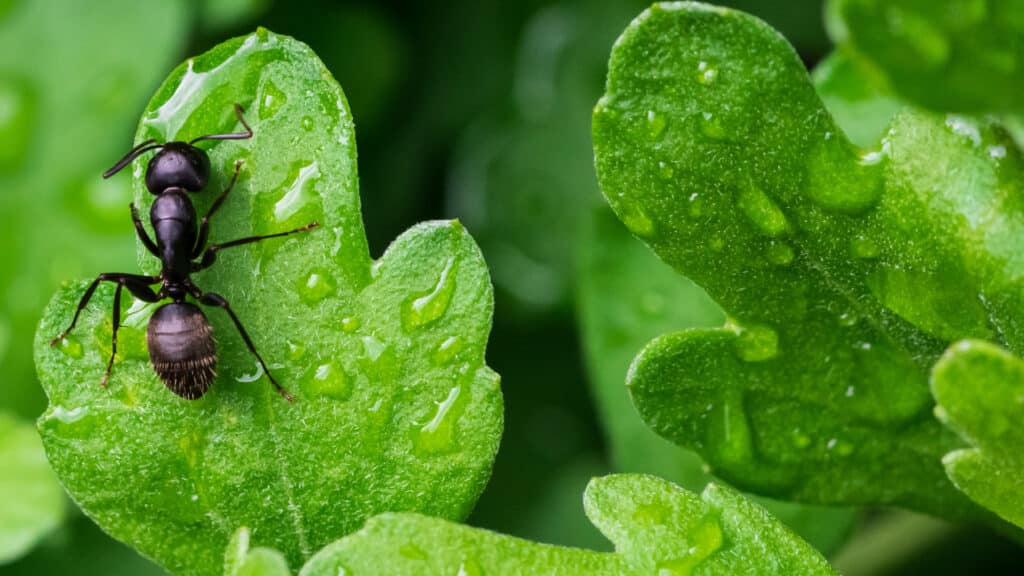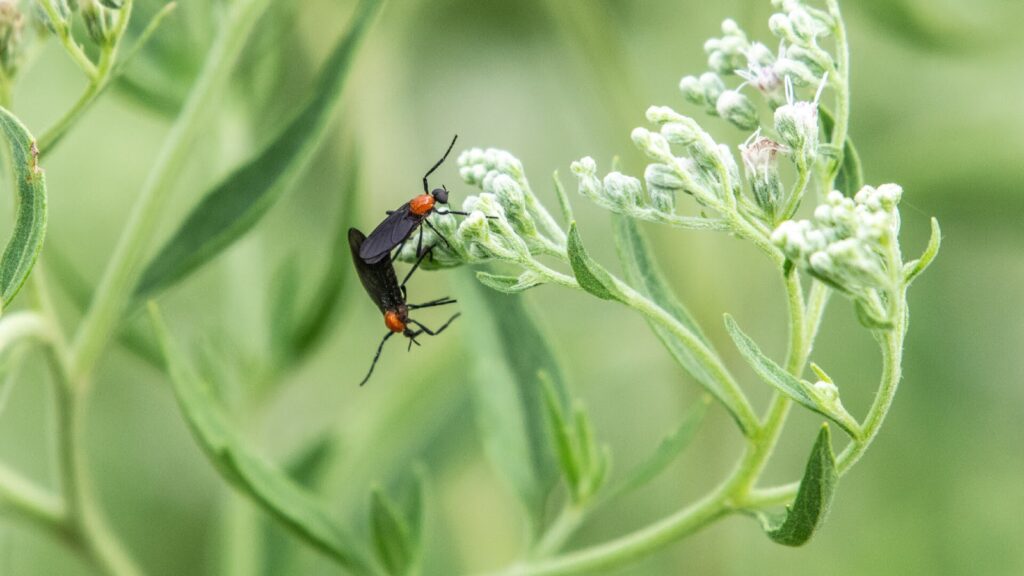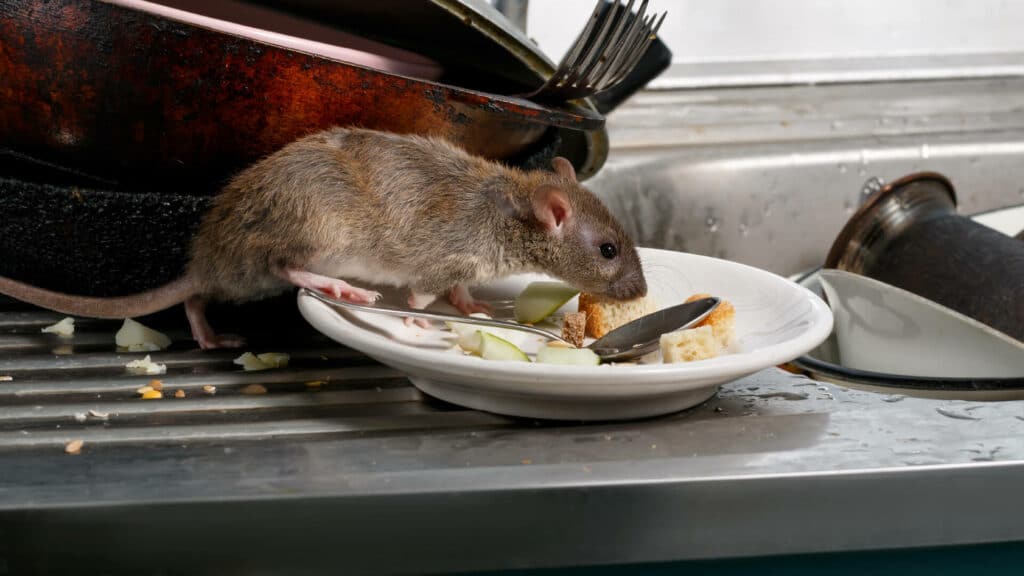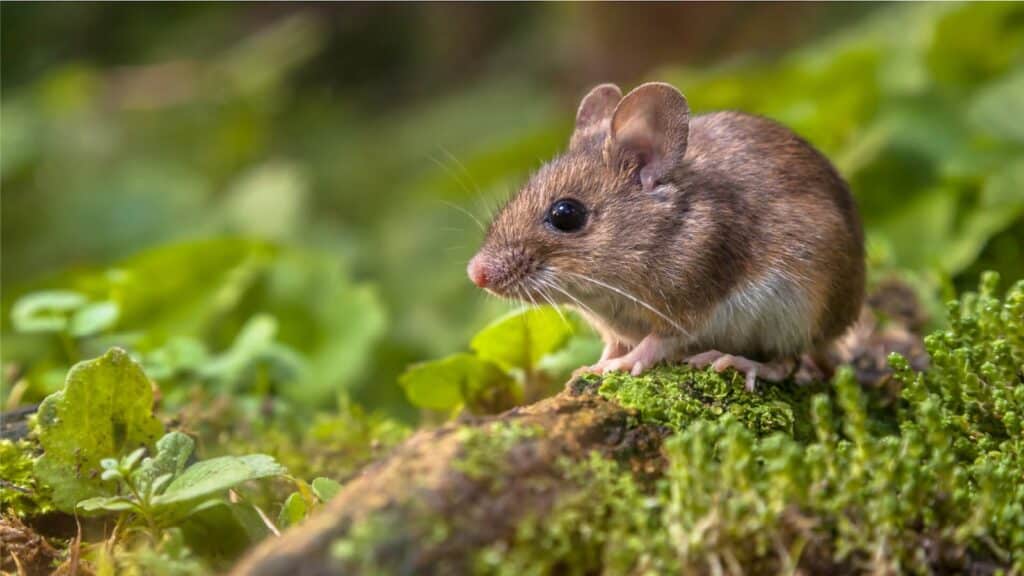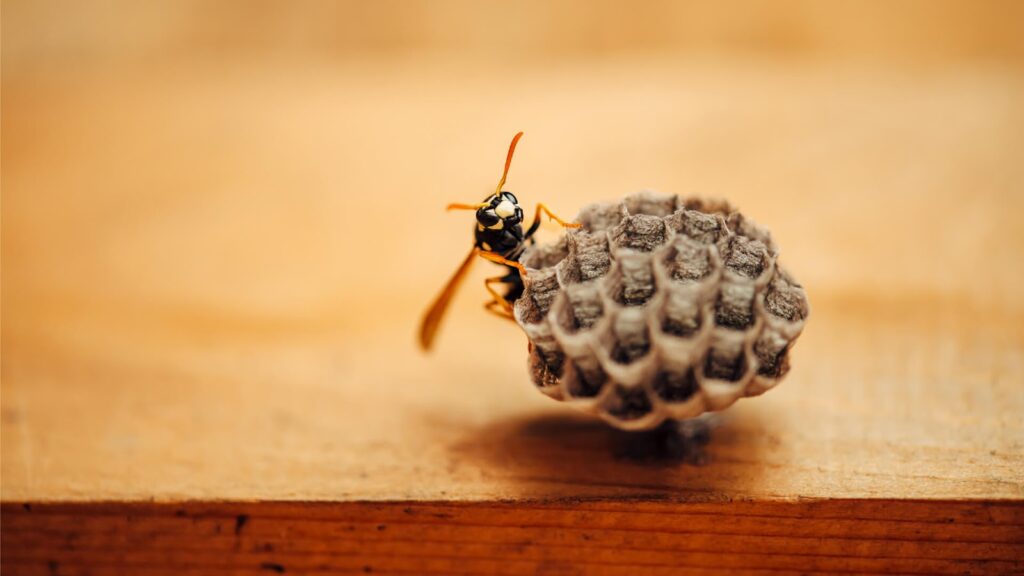You don’t have to spray sticky, stinky insect repellent on your skin to stay bite-free while you’re outside. Some plants can act as natural repellents against mosquitoes and other insects, making it much easier to keep these stinging and biting pests away. Learn about what plants are the most effective at repelling bugs and how best to use them around your home.
Plants That Can Repel Mosquitoes
After seeing so many complicated, chemical-based bug repellent products available in stores, it’s a relief to learn that insect-repellent plants use nothing more than their scents to keep bugs away.
Some plants repel insects with an odor that’s particularly unpleasant (to bugs). Others have scents that are strong enough to simply mask more attractive smells. Some plants have compounds in their oils that keep pests away or kill mosquito larvae. Still others can be burned to create a barrier against wasps, yellow jackets and other stinging pests.
A combination of the following insect-repellent plants, placed strategically, can reduce the number of bugs (and, hopefully, bug bites!) you encounter around your home.
Plants that help keep mosquitoes and other bugs away include:
- Citronella
- Catnip
- Lavender
- Basil
- Marigolds
- Peppermint
- Rosemary
Citronella
You might recognize the name of this plant from the labels of many mosquito-repellent candles, sprays and other products. These products use the plant’s oils in concentrated amounts to deter bugs.
Citronella is fairly easy to grow and, when its leaves are crushed, gives off a strong smell that bugs don’t like. You can also rub the oil on your skin for a more effective mosquito repellent.
Additional Plants That Repel Mosquitoes
While the plants listed above are known for their bug-repelling properties, there are several others that can also help keep mosquitoes and other pests at bay. For instance, the Lemon Balm, with its citrusy scent, is not only pleasant for humans but also a strong repellent for mosquitoes. Garlic, though not commonly thought of as a decorative plant, can be grown in gardens to repel mosquitoes due to its strong odor. Geraniums, particularly the scented varieties, and Eucalyptus are also excellent choices for keeping mosquitoes away naturally. Incorporating these plants into your garden not only enhances its beauty but also strengthens your defense against pesky mosquitoes.
Catnip
Catnip is a plant in the mint family that repels mosquitoes with a chemical called nepetalactone. This chemical is a powerful natural mosquito repellent that also works on other bugs. In fact, it’s been shown to be more effective than DEET, the active ingredient in most commercial insect repellents.
Of course, it’s called catnip for a reason: the very chemical that repels bugs is also extremely enticing to cats—yours and, potentially, strays.
Lavender
Essential oils are the lavender plant’s insect-repelling secret. The oils of this plant contain an alcohol called linalool. This compound is a highly effective insect repellent and is used in many products.
Using the oils from a lavender plant on skin or around an outdoor sitting area is one step toward turning away annoying bugs.
Basil
Basil’s strong smell keeps many pests away, including mosquitoes and other bugs. You don’t even have to crush the leaves—the plant is odorous enough on its own.
While the basil plant repels bugs, its essential oils contain compounds that are toxic to mosquito larvae. This makes basil a double-edged sword in your efforts to reduce insect bites outside your home.
As another bonus, it’s a delicious herb and an easy way to add homegrown freshness to your meals.
Marigolds
Marigolds are beautiful flowers that have been shown to repel a number of pests, including mosquitoes. These flowers contain pyrethrum, a compound used in repellents that is toxic to insects. Marigolds are an easy, decorative way to add some protection from bugs to your outdoor areas.
Peppermint
Peppermint is another plant with super-powered essential oils. When rubbed on skin, the oils are powerfully repellent against mosquitoes. They’re also toxic to mosquito larvae.
While peppermint plants are bad news for bugs, they smell great and add a splash of bright green to your outdoor decor.
Rosemary
Rosemary is a delicious herb that doubles as a simple mosquito repellent. It’s a great decorative plant that can add to your decor while making the areas around your home less attractive to bugs.
Burning rosemary is the most effective way to repel mosquitoes—throw a bunch into your next campfire for some relief from those biting bugs. Sage is another strongly aromatic plant that turns insects away when burned.
The Best Way to Use Insect-Repellent Plants
The odors given off by these plants—while often pleasant to people—are unpleasant to insects and work well to keep them away. This means you can enjoy the delicate smells of fresh flowers while your plants silently fight off pests.
Planting these plants in the area in which you spend time outdoors can create a zone that’s unattractive to bugs. However, a more convenient method is potting the plants so you can move them closer to you wherever you’re hanging out. You can place them on your porch or patio, by the pool or around the yard.
Though some plants smell strong enough to repel bugs on their own, others require you to crush their leaves to use the essential oils inside. Always use caution when applying essential oils on skin and ask your doctor before doing this if you have any concerns.
Call the Professionals at Aptive Environmental
Although some plants have properties that can make your outdoor areas less attractive to mosquitoes, they won’t keep bugs away completely. Even rubbing the oils on your clothes or skin might only reduce the problem, not eliminate it.
If you’re suffering from a mosquito problem at your home, contact us today for a free quote on professional, environmentally-friendly flea control. Our experts are trained to control bugs and other pests in a way that’s most convenient for you. Protect your home today by calling the Aptive branch that’s closest to you.
